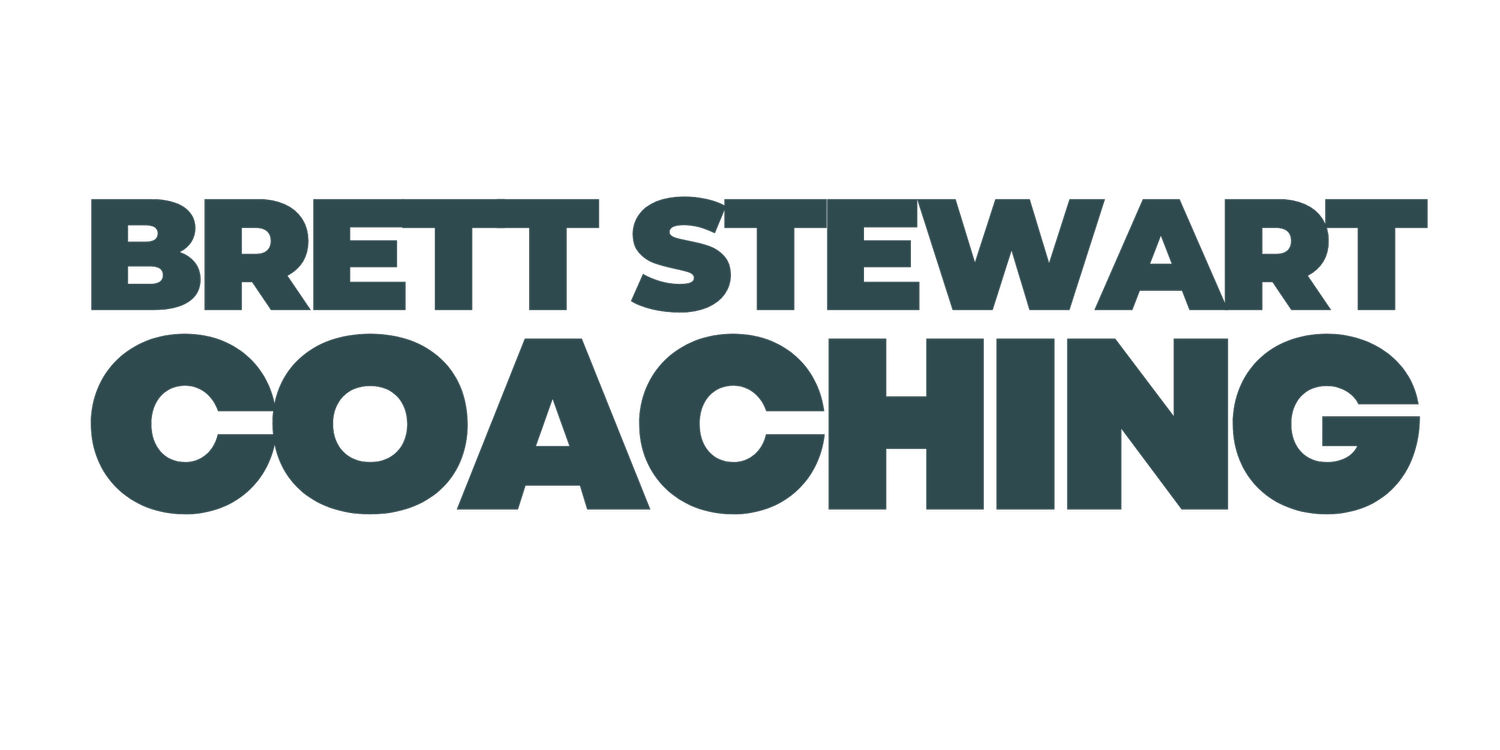THE DANGER ZONE
It’s called the Satiation Effect, that curious behavioral pattern that causes us to stop doing things that work. We lose weight, so we stop our diet. We take a dent out of the credit card debt, so we ditch that pesky budget. The chaos settles at home, so we forget about our commitment to leave work at a reasonable hour.
The most common place this shows up in business is in sales - when sales pick up, we get comfortable and stop the underlying activities that drive those sales - but it also shows up in other parts of the business. We go a year without an accident, so we let “urgent” matters crowd out the safety meeting; or our Net Promoter Score is high, so we take our eye off response time. The insidious thing about this pattern is that results, positive or negative, lag the activities that create them, so there’s a period during which our results continue to improve, even though we are neglecting the activities that caused them to improve. We fool ourselves into thinking this trend will continue and wade right into the Danger Zone.
There is one thing you need to recognize and one thing you need to implement to avoid the danger zone:
Recognize that human beings crave comfort, so when the pain of a problem goes away, we stop doing the things to fix the problem. Some of you love to sell, but most of you don’t, you just hate the discomfort caused by a lack of sales. You’ll do the work until that pain goes away, but then you’ll let off the gas until sales drop and you ride the cycle again. You can’t change that about yourself, but you can recognize this blind spot and install mechanisms to offset it. Which brings me to my second point…
You need to implement a weekly scorecard focused on the disciplines that create the results you want. Your scorecard is not an analysis tool, it’s a discipline tool. Ironically, “scores” like sales made or days without an accident or weight lost are not good scorecard items. What are good scorecard items are the disciplines that create those outcomes. Disciplines like sales meetings scheduled, safety inspection scores, or steps walked. Maybe this will be easier if you change the name from scorecard to “discipline card”.
This discipline-focused data is one of four types of data you need to master to get what you want from your business. If you want to discuss the full picture, reach out to me. I’d love to hear from you!

